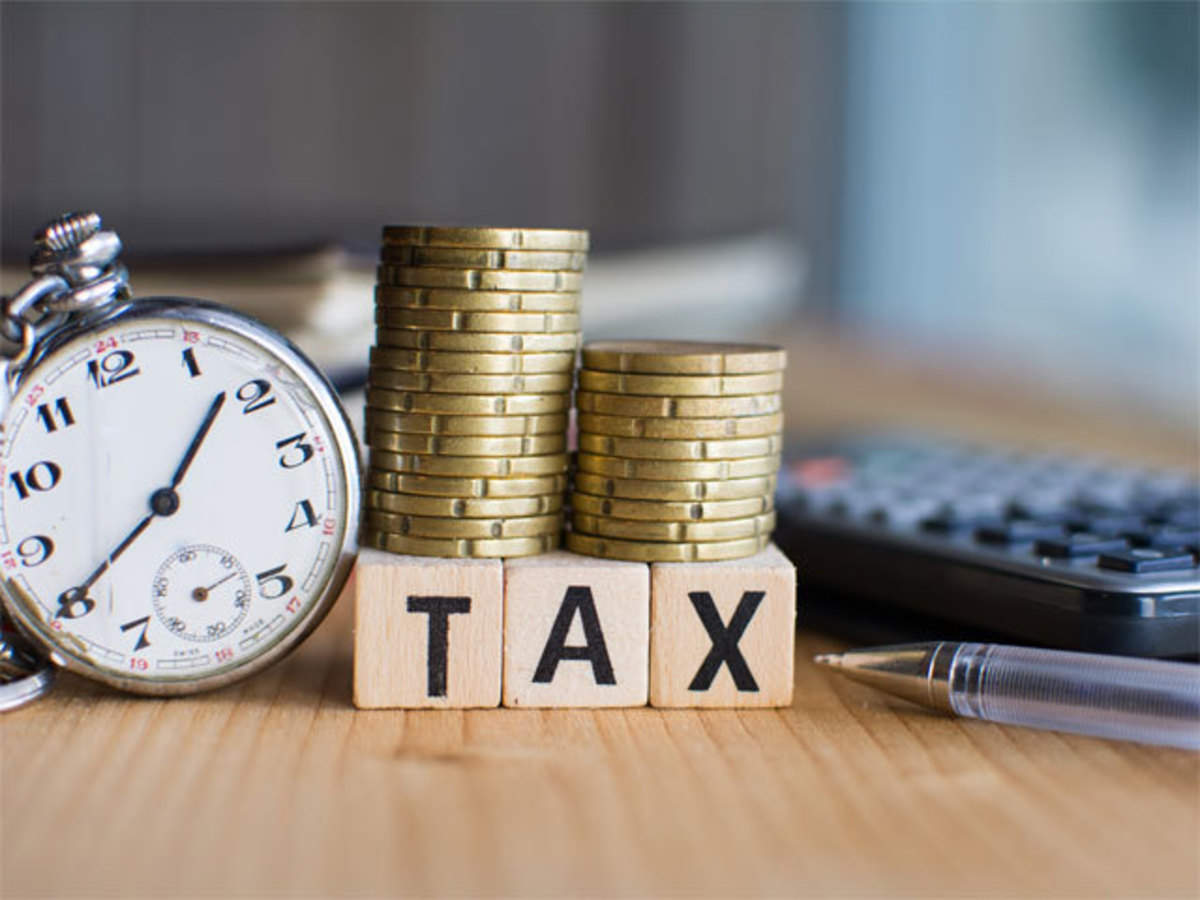While granting bail, the court has to keep in mind the nature of accusations, the nature of evidence in support thereof, the severity of the punishment which conviction will entail, the character of the accused, circumstances which are peculiar to the accused, reasonable possibility of securing the presence of the accused at the trial, reasonable apprehension of the witnesses being tampered with, the larger interests of the public/State and other similar considerations. The Orissa High Court has followed the footsteps of the Apex Court and has sufficiently relied upon the aforesaid statement while adjudicating the case of Rajeev Mishra v. State of Odisha & Anr. [BLAPL No.958 of 2021] which was decided by the single judge bench comprising Justice S.K. Panigrahi on 8th June 2021.
The petitioner in the present case had filed an instant bail application under Section 439 of the Code of Criminal Procedure under the accusations of committing offences punishable under Section 69 read with Sections 132(1)(b), 132 (1)(c) and 132(1)(i) of the Odisha Goods and Services Tax Act, 2017. The facts of the case are as follows. A large number of fraudulent business transactions were made using several fictitious firms which were found to have been wrongfully registered under OGST Act, 2017 by the present petitioner in collusion with other persons. Several persons have been beguiled into lending their name and documents for the purpose of registration of these 12 manikin firms on the false pretext of providing them gainful employment, arranging loans from commercial banks or providing them with monthly stipend. The petitioner along with others were engaged in pedalling of bogus input tax credit and these fake and fraudulent transactions have, amongst others, caused huge loss to the State exchequer to the tune of about Rs. 42.36 crores. Similarly, it is also alleged that they have also sold goods in the name of the fake firms and passed on bogus ITC running into crores of rupees to recipients both within and outside the State by raising fake sale invoices. As seen from the records, during the search, several incriminating documents, containing business transactions of such business entities, were unearthed and seized with due acknowledgement.
It was submitted by the counsel for petitioner that the petitioner has been falsely implicated only on the basis of the statement of co-accused Smruti Ranjan Mohanty. It was submitted that as the maximum imputation against the petitioner is that he has transmitted user ID, password and other GST related information in case of three bogus entities only to Smruti Ranjan Mohanty at the instruction of Ankit Agarwal, and thus co-accused Ankit Agarwal is the main mastermind whereas the petitioner himself is a mere employee. Learned counsel for the State submitted that the petitioner actively colluded with the other accused to defraud the state exchequer to the tune of Rs. 42.36 crores. It was contended that the alleged offences are part of an organized tax fraud which necessitates a proper investigation as material evidences against the accused persons including the petitioner have been forthcoming and granting bail to the petitioner will lead to evidence and witness tampering and hence considering that the same is an economic offence and affects the very fabric of the society, the petitioner should not be enlarged on bail so as to ensure a proper investigation.
After considering the facts and arguments advanced the court was of the opinion that the petitioner should not be granted bail keeping in mind the nature and gravity of the accusation, the nature of supporting evidence, availability of prima facie case against the petitioner, coupled with the fact that a huge amount of public money has been misappropriated and also the fact that further investigation of the case is under progress and taking into account the apprehension of the petitioner in tampering with the evidence, in the larger interest of society. The exact words as stated by the court are as follows-“The accusations against the petitioner relate to the commission of economic offences which are considered grave and therefore must be viewed seriously. Offences of this nature affect the economy of the country as a whole and usually involve a deep-rooted conspiracy to cause huge loss of public funds wherein the individual would rather achieve personal gains through illicit means than act in the best interest of the society.”


